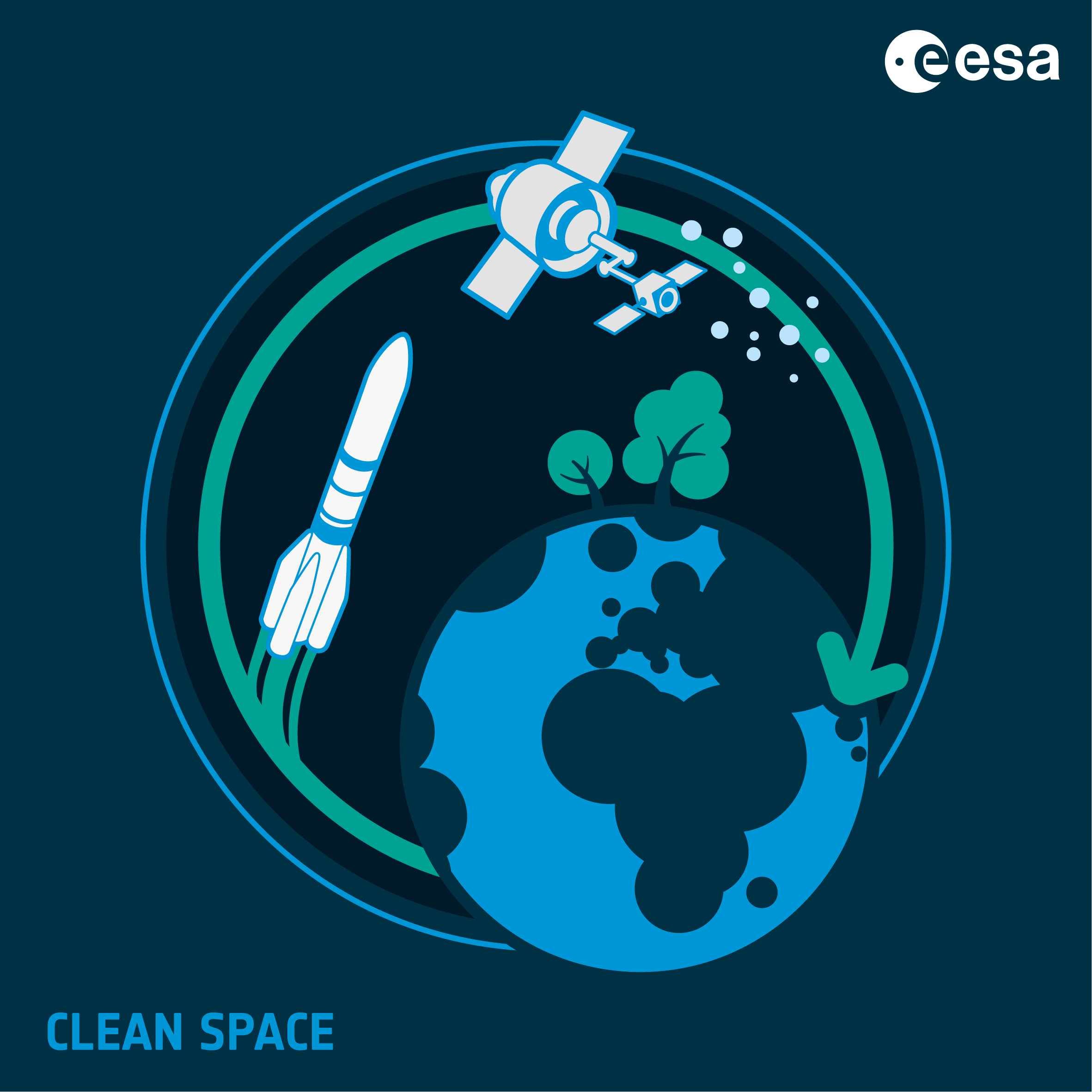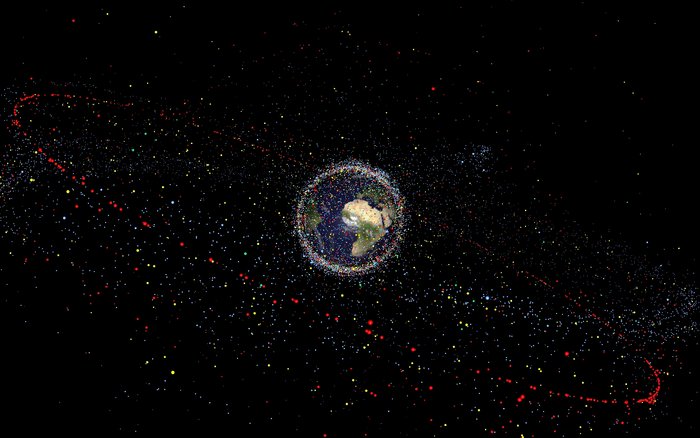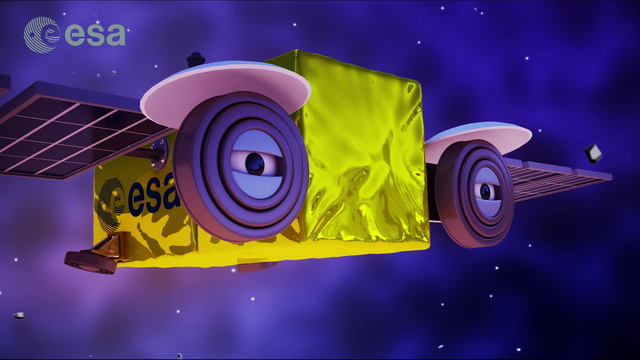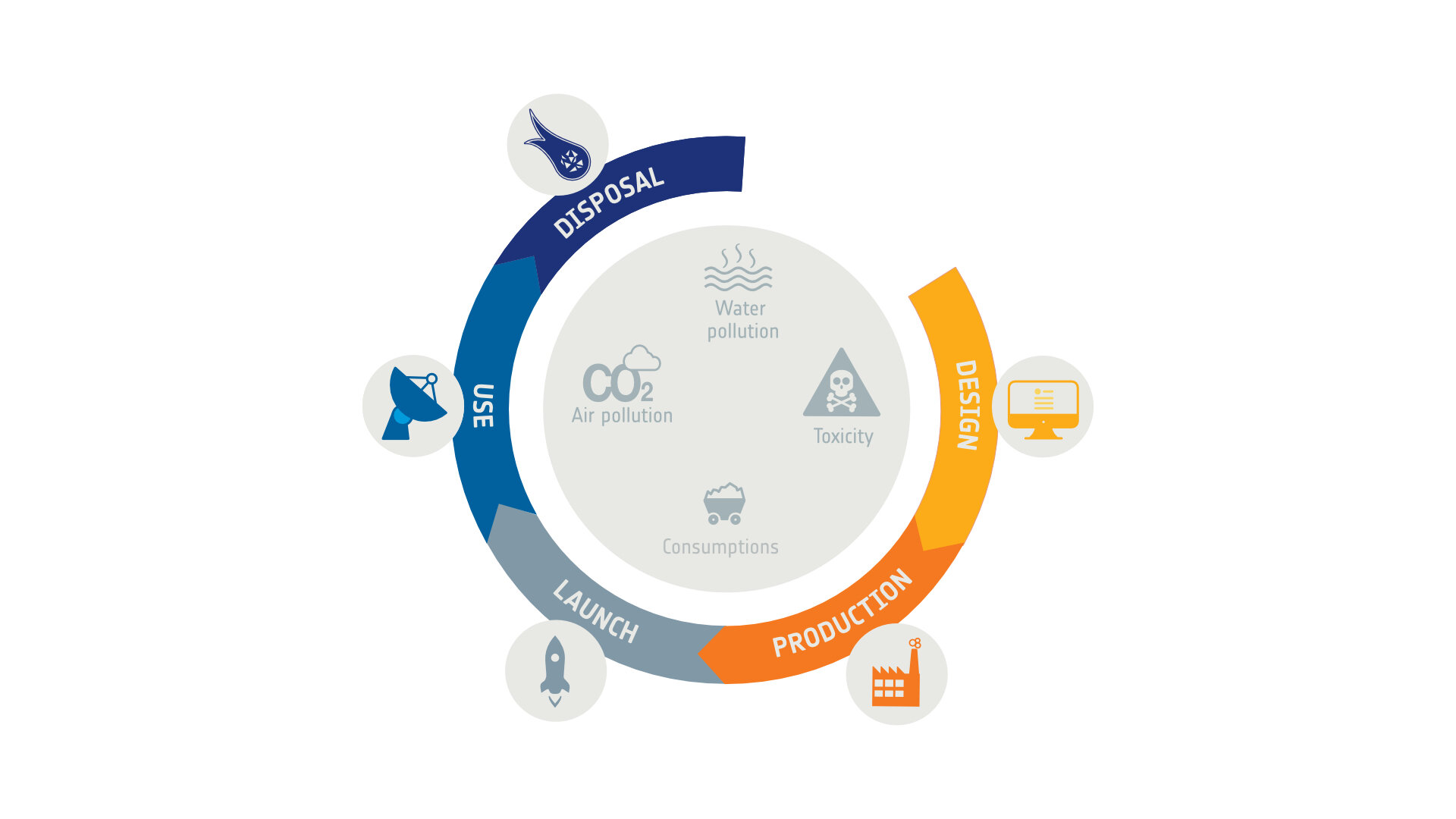ESA invites you to join the Space Circular Economy Knowledge Exchange Webinar on the 30th January 2024.
The Agency has four activities running that will pave the way towards a circular economy in space. These studies explore the feasibility of missions to assemble, refurbish, and recycle space systems in orbit and represent the first steps towards demonstrating these innovative concepts through ESA missions.
In this webinar, the companies involved (Astroscale, Growbotics, Kinetik, and Thales Alenia Space) will share their ideas with one another, the wider space industry, and the public.
ESA’s Circular Economy Vision
The four studies explore the feasibility of missions to assemble, refurbish, and recycle space systems in orbit and represent the first steps towards demonstrating these innovative concepts through ESA missions.
With its Zero Debris approach, ESA has already demonstrated its commitment to drastically reduce the production of debris in Earth and lunar orbits by 2030. However, the Agency’s ambitions extend beyond this short-term goal, envisioning a sustainable and safe space environment in the future. ESA’s vision is a space economy in which novel methods of designing and managing space systems allows systems, subsystems, components, and materials to remain in orbit and be refurbished or re-used using an ecosystem of advanced in-orbit servicing techniques. By taking this bold new approach to space activities, ESA will remain at the forefront of preserving the space environment.
Circular Economy Studies
ESA has been working with four companies since September to design pioneering mission concepts for the space circular economy. The four companies involved are Astroscale, Astroscale, Kinetik, and Thales Alenia Space.
Astroscale are working to develop an In-orbit Refurbishment and Upgrading Service. Their proposed mission will develop capabilities to refurbish and upgrade satellites, moving away from the current single-use culture in space. Astroscale will focus on both the technological and commercial feasibility of the project with inputs from In-Space Missions.
Growbotics are preparing the foundations of circular on-orbit economy through a commercial
refurbishment mission of a spacecraft in GEO. Along with their industrial partners 3Keel and Thales Alenia Space UK, they will decide between competing mission concepts and build the business case for their selected mission, as well as identifying how design for refurbishment will change the design of satellites in the future.
Kinetik aim to revolutionize the manufacturing and assembly processes giant or complex structures in orbit, such as giant solar sails, solar farms, antennas or reflectors. By using robotic fabrication technologies, their mission aims to simplify and expedite the assembly of space infrastructure as well as reducing the time, labour, and risks associated with traditional assembly methods.
Thales Alenia Space’s mission has the main objective of enabling an orbital recycling capability, both by identifying the materials and methods for on-orbit recycling as well as determining the impacts of a ‘design for circularity’ initiative in the broader space ecosystem. They will also propose a preliminary design for a Recycling Space Plant system with inputs from the PROMES laboratory of CNRS.
A fifth activity is being carried out by Space scAvengers through the In-Space Proof-of-Concepts (InSPoC) which aims to develop an ecosystem with a scalable, modular in-space transportation fleet.
Next Steps for the Space Circular Economy
To find out more about the webinar, visit the registration page here: https://indico.esa.int/event/558/
Following the final reviews of the projects, a special session will be held in ESA’s Concurrent Design Facility (CDF), a state-of-the-art facility equipped with a network of computers that allows a team of multi-disciplinary experts to prototype the design of future space missions. This CDF will draw on the conclusions of the circular economy studies and produce baseline missions designs that will be proposed for further study at ESA’s next Council of Ministers.





Discussion: no comments